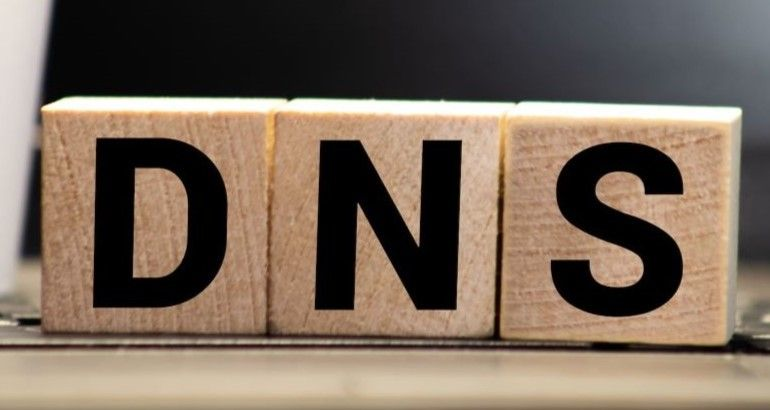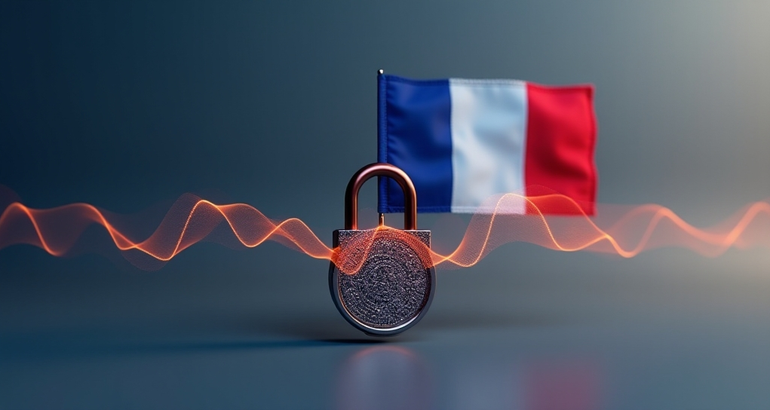DNS cache poisoning: Know and prevent

- Privacy
- Online threats





Overview
DNS is the abbreviation of Domain Name System . It is a service on the Internet that maps domain names and IP addresses to each other, allowing people to access websites through domain names. DNS cache poisoning refers to an attack in which an attacker exploits vulnerabilities in a DNS server to map an incorrect IP address to a domain name, causing users to access the wrong website. This type of attack can lead to problems such as user information leakage and network security threats.
Contents
How does DNS cache poisoning work?
Some examples of DNS cache poisoning
How to detect whether DNS is cache poisoned?
Some ways to prevent DNS cache poisoning
How does DNS cache poisoning work?
DNS cache poisoning is an attack that exploits vulnerabilities in DNS servers. Attackers send a malicious request to the DNS server requesting a non-existent domain name. When the DNS server cannot find the domain name, it sends a request to other DNS servers. Attackers exploit this vulnerability by sending false responses to other DNS servers, mapping incorrect IP addresses to domain names. When users access the domain name, they will be redirected to the wrong website. This website may contain malicious attacks that cause users to suffer losses.
Some examples of DNS cache poisoning:
① Kaminsky attack
This is an attack that exploits vulnerabilities in DNS servers. Attackers send a malicious request to the DNS server requesting a non-existent domain name. When the DNS server cannot find the domain name, it sends a request to other DNS servers. Attackers exploit this vulnerability by sending false responses to other DNS servers, mapping incorrect IP addresses to domain names. When users access the domain name, they will be redirected to the wrong website.
② DNSChanger
This is an attack that infects computers with malware and changes their DNS settings. When users access a website, they will be redirected to the wrong website.
③ Ghost Domain
This is an attack that uses unused domains for attacks. Attackers register an unused domain name and map it to an incorrect IP address. When users access the domain name, they will be redirected to the wrong website.
How to detect whether DNS is cache poisoned?
① Detect by running ping command
This command essentially tests whether the IP address exists or not. If you ping a non-existent domain name and it resolves, then your DNS is likely hijacked. If it does not resolve, it means your DNS is safe.
② Use online tools
There are some online tools that can help you detect DNS cache poisoning problems. They can check whether your DNSSEC configuration is correct to ensure your DNS security. You can easily find them on the Internet.
Some ways to prevent DNS cache poisoning
① Update your operating system and browser
Updating your operating system and browser can help you patch known vulnerabilities and improve your computer and network security.
② Use reliable antivirus software
Using reliable antivirus software can help you detect and remove malware and protect you from network attacks.
③ Use MetroVPN
MetroVPN can improve your security and online privacy. Moreover, MetroVPN provides risk barrier function which can protect your device even if you are redirected. The risk barrier can also block annoying ads and protect you from trackers, keeping you safe while browsing online.






